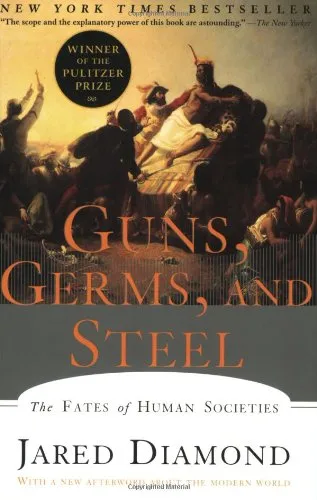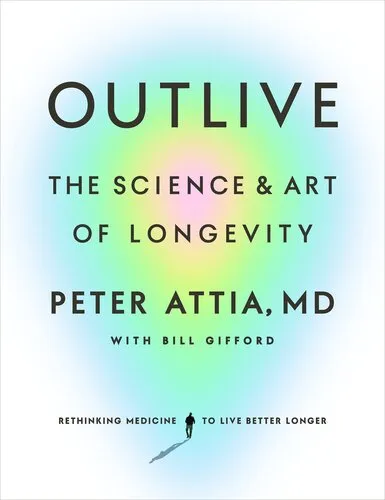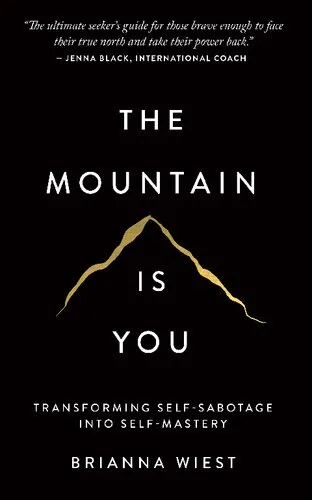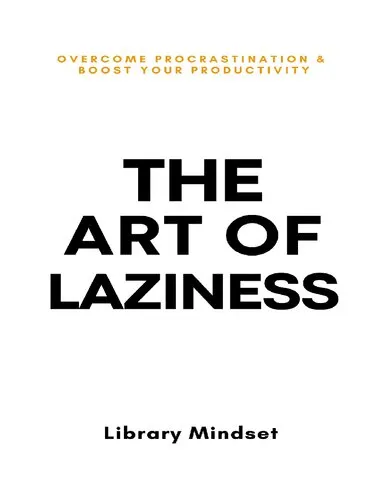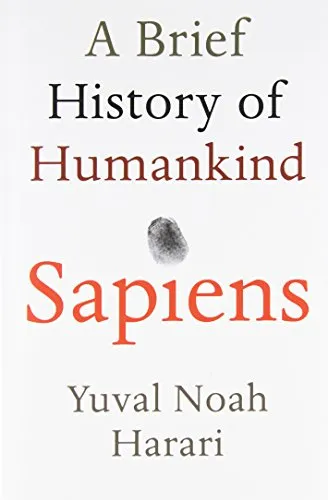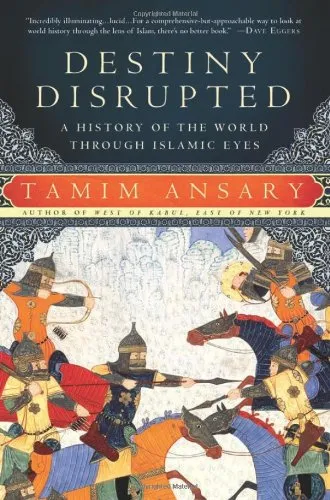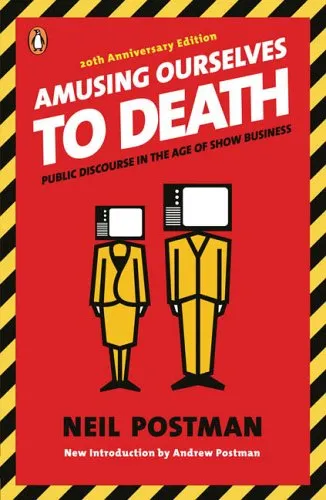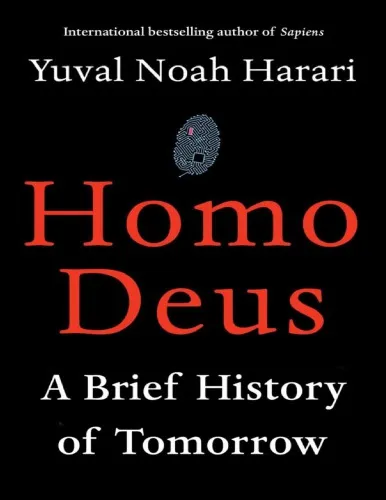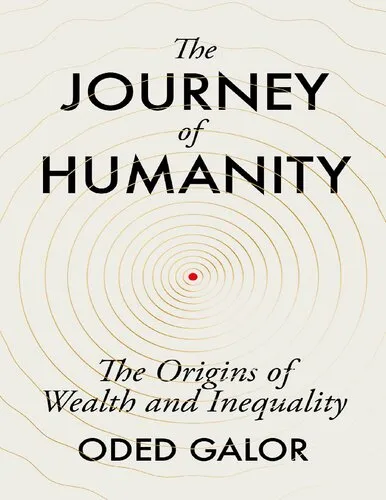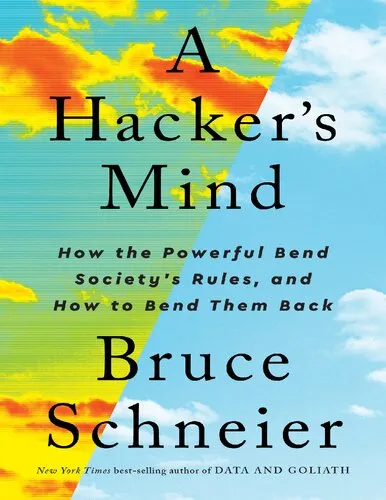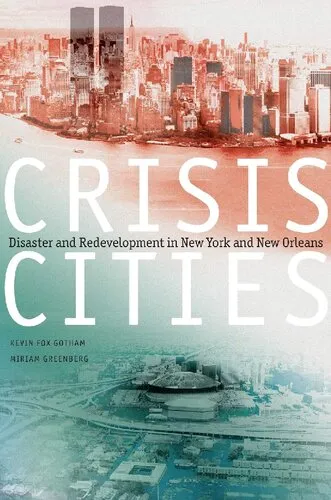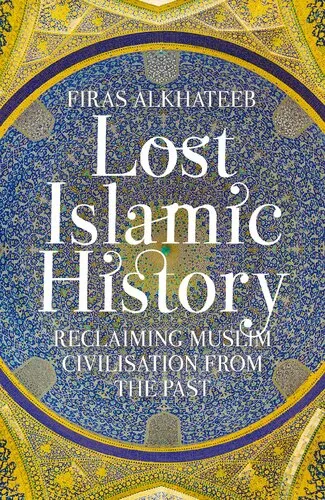Guns, Germs, and Steel: The Fates of Human Societies
4.5
Reviews from our users

You Can Ask your questions from this book's AI after Login
Each download or ask from book AI costs 2 points. To earn more free points, please visit the Points Guide Page and complete some valuable actions.Related Refrences:
Welcome to an enlightening journey through human history, as presented in "Guns, Germs, and Steel: The Fates of Human Societies" by Jared M. Diamond. This seminal work has reshaped our understanding of how human societies have developed over the millennia. With a focus on the influence of environmental factors, Diamond's exploration provides a profound analysis of the global disparities we witness today. Below, you will find a detailed summary, key takeaways, memorable quotes, and an explanation of the book's significance.
Detailed Summary of the Book
In "Guns, Germs, and Steel," Jared Diamond sets out to answer a fundamental question: Why have different human societies followed disparate paths of development? The book begins by addressing a seemingly simple query posed by a friend from Papua New Guinea: "Why do white men have so much cargo while we New Guineans have so little?" This question propels Diamond into a comprehensive investigation of historical patterns and environmental influences that have shaped human societies.
Diamond argues that the differences in societal development across various regions cannot be attributed to racial or genetic superiority. Instead, he emphasizes the centrality of geography and environment. The core thesis of the book is that the availability of domesticable plants and animals, combined with the orientation of continents, significantly influenced the pace and nature of societal development.
The book is structured around three pivotal factors: "Guns," symbolizing military technology; "Germs," representing infectious diseases that have significantly impacted indigenous populations; and "Steel," denoting the technological advancements that have enabled societies to expand and dominate others.
Diamond meticulously traces how these elements have historically empowered certain societies to conquer or eclipse others. He provides detailed case studies, such as the conquest of the Incas by the Spanish, illustrating how a confluence of advantageous geographic conditions and European technology led to dramatic societal shifts.
Ultimately, "Guns, Germs, and Steel" urges readers to understand human history through the lens of environmental determinism, offering a comprehensive theory that synthesizes the disparate threads of our shared past.
Key Takeaways
- Geography, climate, and available resources are crucial in shaping the development of societies.
- The domestication of plants and animals enabled certain societies to transition from hunter-gatherer lifestyles to agricultural and technological development.
- Infectious diseases played a critical role in the conquest and colonization of societies by Europeans.
- Technological advances in weaponry and tools have allowed certain civilizations to dominate others.
- Understanding the environmental factors behind historical developments can debunk myths of racial superiority.
Famous Quotes from the Book
"History followed different courses for different peoples because of differences among peoples' environments, not because of biological differences among peoples themselves."
"The hand of history is everywhere, and human societies have passed down legacies shaped by geographic and environmental factors."
"The striking differences between the long-term histories of peoples of the different continents...owe little to the differences among peoples themselves."
Why This Book Matters
"Guns, Germs, and Steel" is more than just a chronicle of historical events. It presents a lens through which we can better understand the dynamics of global inequality. By shifting the focus from human differences to environmental influences, Diamond offers an intellectually rigorous and transformative narrative that challenges traditional views on the development of civilizations.
This book is essential for anyone seeking to grasp the complexities of human history. It bridges the gap between science and the humanities, providing insights that have profound implications for contemporary discussions around socio-economic development and inequality.
Free Direct Download
You Can Download this book after Login
Accessing books through legal platforms and public libraries not only supports the rights of authors and publishers but also contributes to the sustainability of reading culture. Before downloading, please take a moment to consider these options.
Find this book on other platforms:
WorldCat helps you find books in libraries worldwide.
See ratings, reviews, and discussions on Goodreads.
Find and buy rare or used books on AbeBooks.
1448
بازدید4.5
امتیاز0
نظر98%
رضایتReviews:
4.5
Based on 0 users review
Questions & Answers
Ask questions about this book or help others by answering
No questions yet. Be the first to ask!
